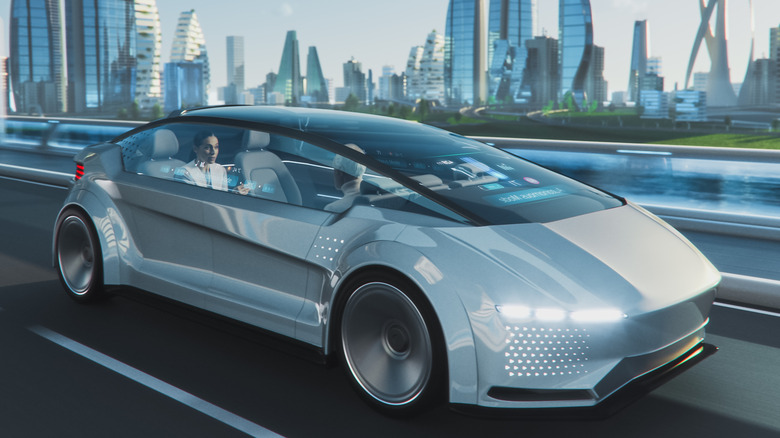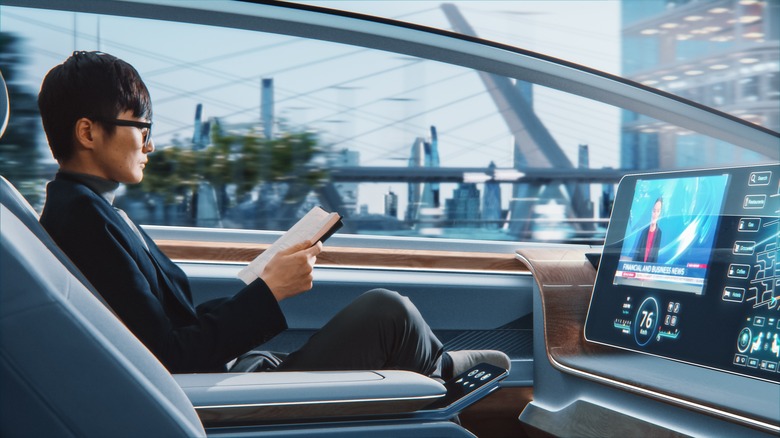Would You Trust A Self-Driving Car If You Owned One Right Now? Here's What Car Fans Say - Exclusive Survey
We're gradually moving toward a future of self-driving cars. From Tesla, GM, Ford, Volkswagen, Mercedes, BMW, Audi, Toyota, and Honda to just about any other big-time automakers you can think of, you can bet they already offer or are gearing up to release autonomous vehicles. Even big tech companies like Apple and Google are not left behind, and they're busy developing self-driving products. It's like the gold rush era and most car and tech companies are racing toward full autonomous technology that could shape our future.
To give credit where it's due, automakers such as Tesla, GM, and Ford already have cars with Level 2 self-driving features. Only Mercedes Benz is approved internationally for Level 3 self-driving, and it could be a while before we get all the way to Level 5 — that is, to vehicles capable of operating themselves without any human involvement or even attention. One thing is for certain — change is inevitable. But now that self-driving technology is becoming a reality, does the average American trust it? We did a survey to find out.
Most people don't trust a self-driving car
In an exclusive SlashGear survey, we asked 631 respondents based in the U.S. if they would trust a self-driving car if they owned it right now. A significant majority — 67.35% of the surveyed respondents — answered that they wouldn't trust a self-driving car. The finding is consistent with previous surveys done by American Automobile Association (AAA).
The distrust could be because self-driving technology is at the infancy stage, and it hasn't reached a point where most people could trust it without any oversight. Despite some automakers advertising their cars as sporting autonomous technology, some of those claims have been found to be exaggerated. For instance, a German court ruled in 2020 that Tesla was misleading the public about its self-driving technology (via The New York Times). Mercedes-Benz also caught negative attention in 2016 for an allegedly misleading advertisement involving a supposedly self-driving car, as detailed at the time by TTAC.
Robert Sumwalt, then-chairman of the National Transportation Safety Board (NTSB), said in 2020, "There is not a vehicle currently available to US consumers that is self-driving. Period." Any car that is sold with autonomous technology still requires you to be alert and ready to intervene when necessary. In fact, most accidents that involved self-driving cars are caused by humans over-relying on driver assistance technology. However, 32.65% of the respondents in our survey trust a self-driving car, and it's possible the number could increase as the technology becomes more advanced. Even so, most people still want their cars to come with smart driving features designed around safety, such as lane-keeping assistance, blind spot warning, and automatic emergency brakes, according to AAA, and that may help improve the public's view of autonomous driving going foward.

